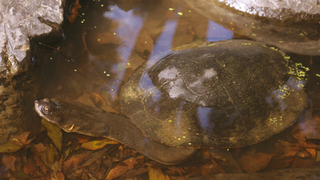Life's Little Mysteries: Science questions, answered

The world can be a pretty mysterious place and we at Live Science love to ask and answer scientific questions about mysteries big and small: about ancient civilizations, our planet and our solar system, the plants and animals that live alongside us, our bodies and how they work, and the technologies that we use every day.
Join us on this exciting voyage of discovery and downright weirdness as we solve … Life's Little Mysteries.
Sign up for our weekly Life's Little Mysteries newsletter to get the latest mysteries before they appear online.
Latest about Life's Little Mysteries
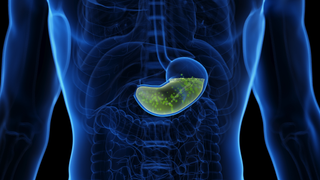
Why doesn't stomach acid burn through our stomachs?
By Victoria Atkinson published
The hydrochloric acid in your stomach can burn through metal — so why doesn't it burn through your stomach?
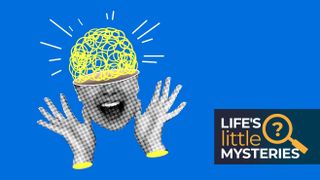
50 mind-blowing science facts about our incredible world
By Laura Geggel published
Life's Little Mysteries If you're looking for weird facts about animals, gross human body facts or just something a bit random, get ready to geek out with these fascinating bits of trivia.
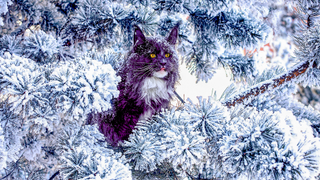
Did any cat breeds develop naturally?
By Katherine Irving published
Humans have undoubtedly bred cats to create certain breeds, but did any of these feline breeds emerge naturally?
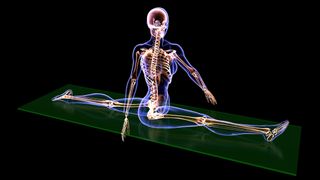
How common is it to have extra bones in your skeleton?
By Charles Q. Choi published
Adult human bodies typically have about 206 bones. But is it possible to have more?

How many holes does the human body have?
By Kit Yates published
You might think that the human body has many holes, but that number shrinks when you stop to consider what counts as a hole.
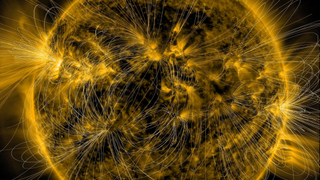
Is the sun really a dwarf star?
By Charles Q. Choi published
Our sun is huge, at least compared to Earth and the other planets. So is it really a dwarf?
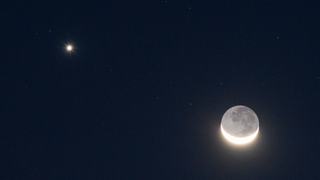
Why is Venus so bright?
By Deepa Jain published
The "morning star" is bright because of several factors, including having an atmosphere filled with sulfuric acid.

What's the fastest a human can grow?
By Ashley Hamer published
Humans grow tall in spurts, but what's our fastest period of growth?
Get the world’s most fascinating discoveries delivered straight to your inbox.
 Live Science Plus
Live Science Plus





